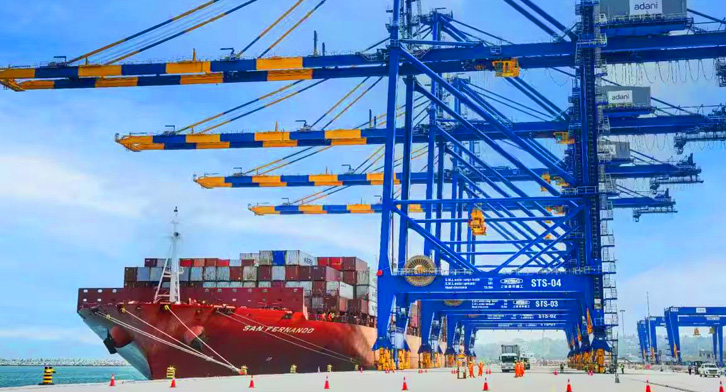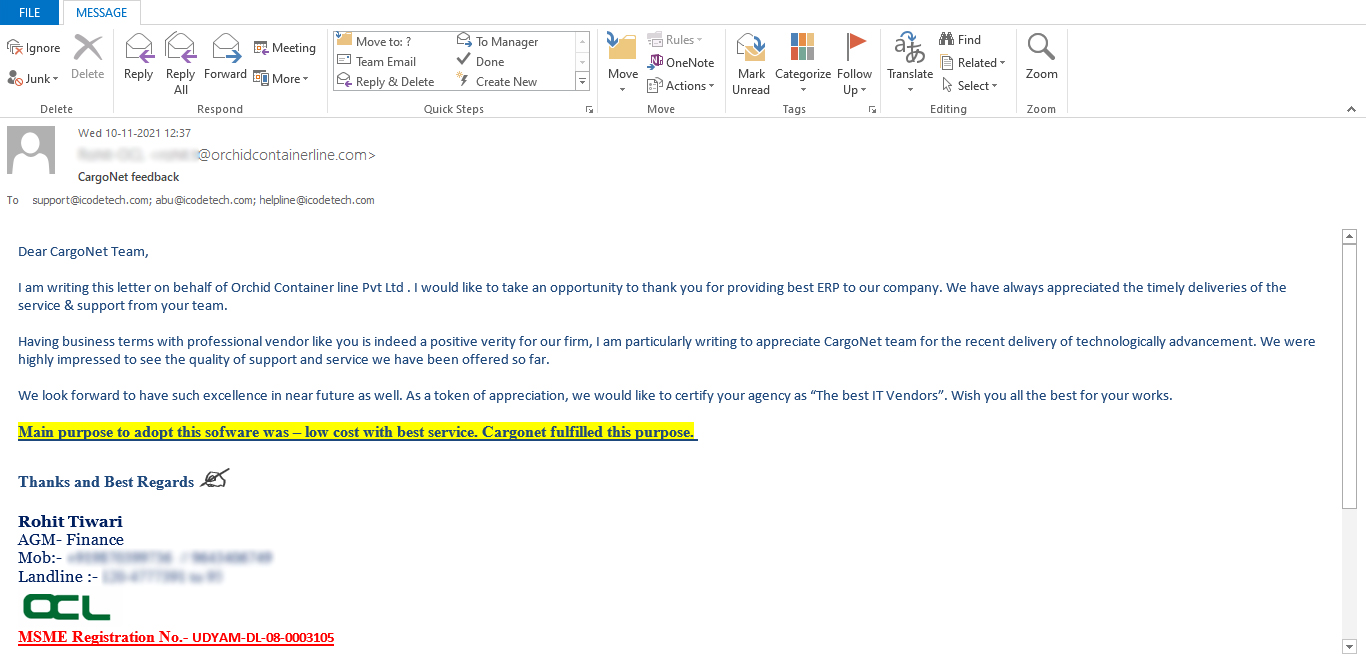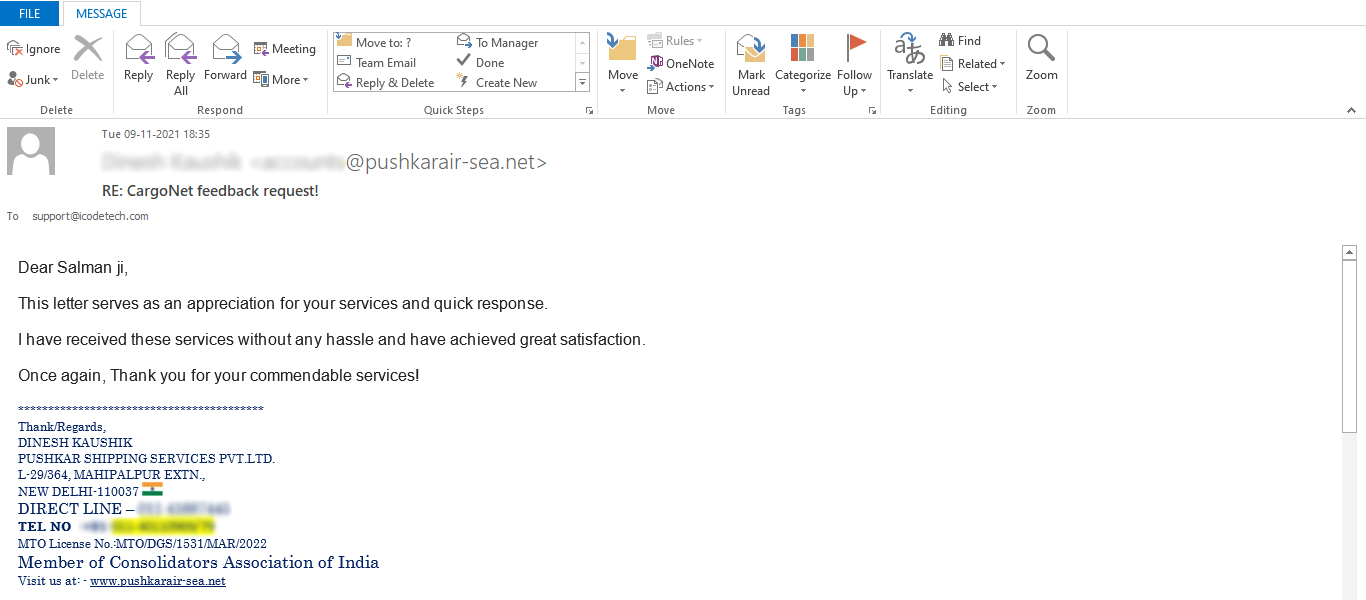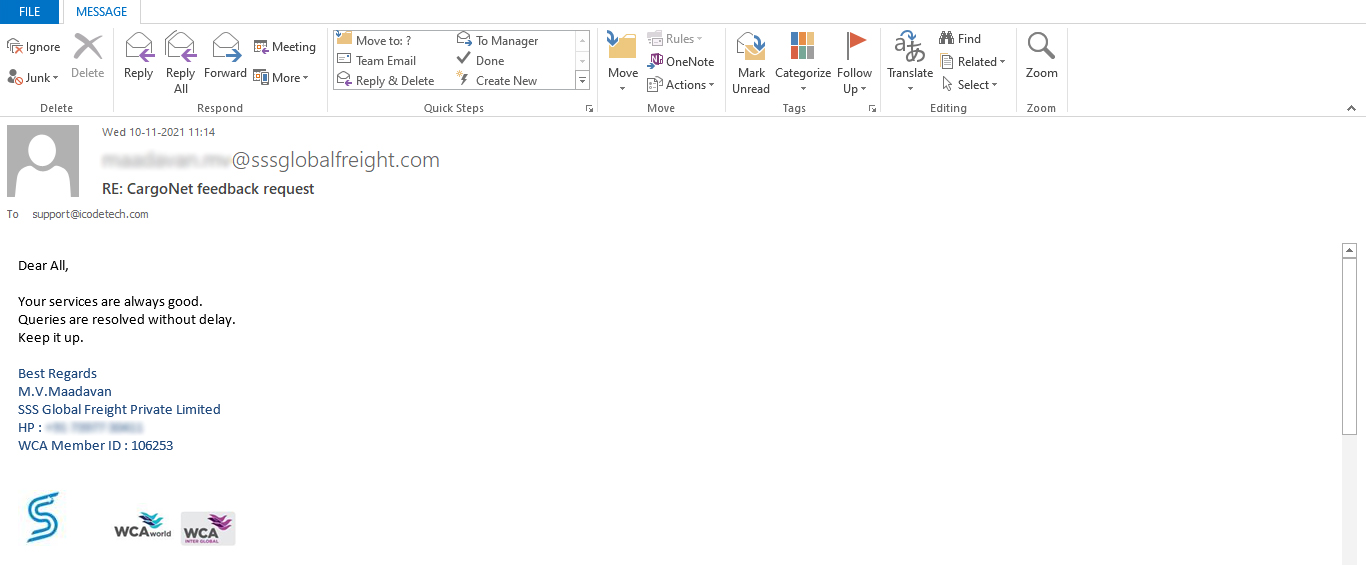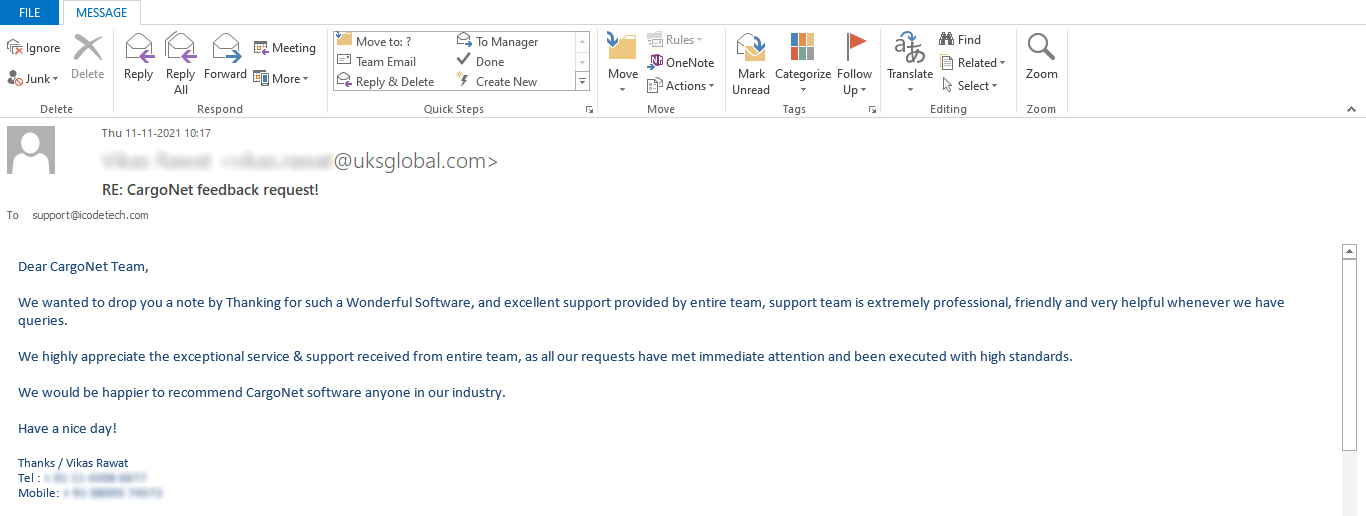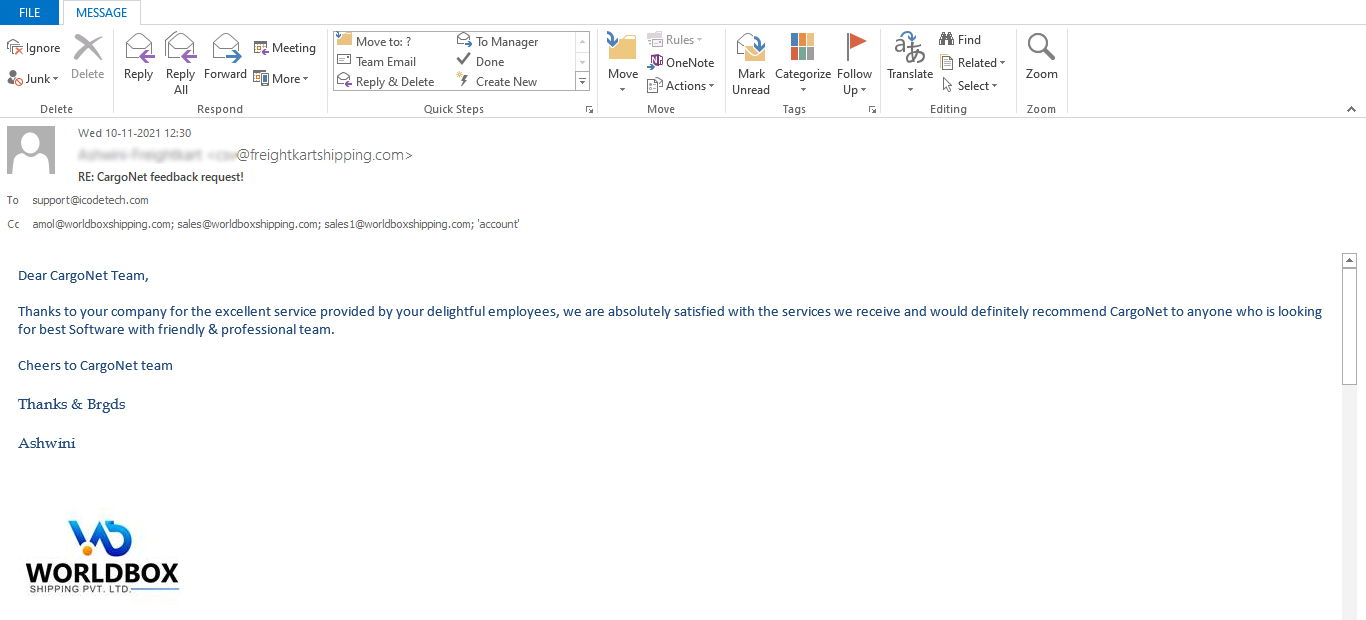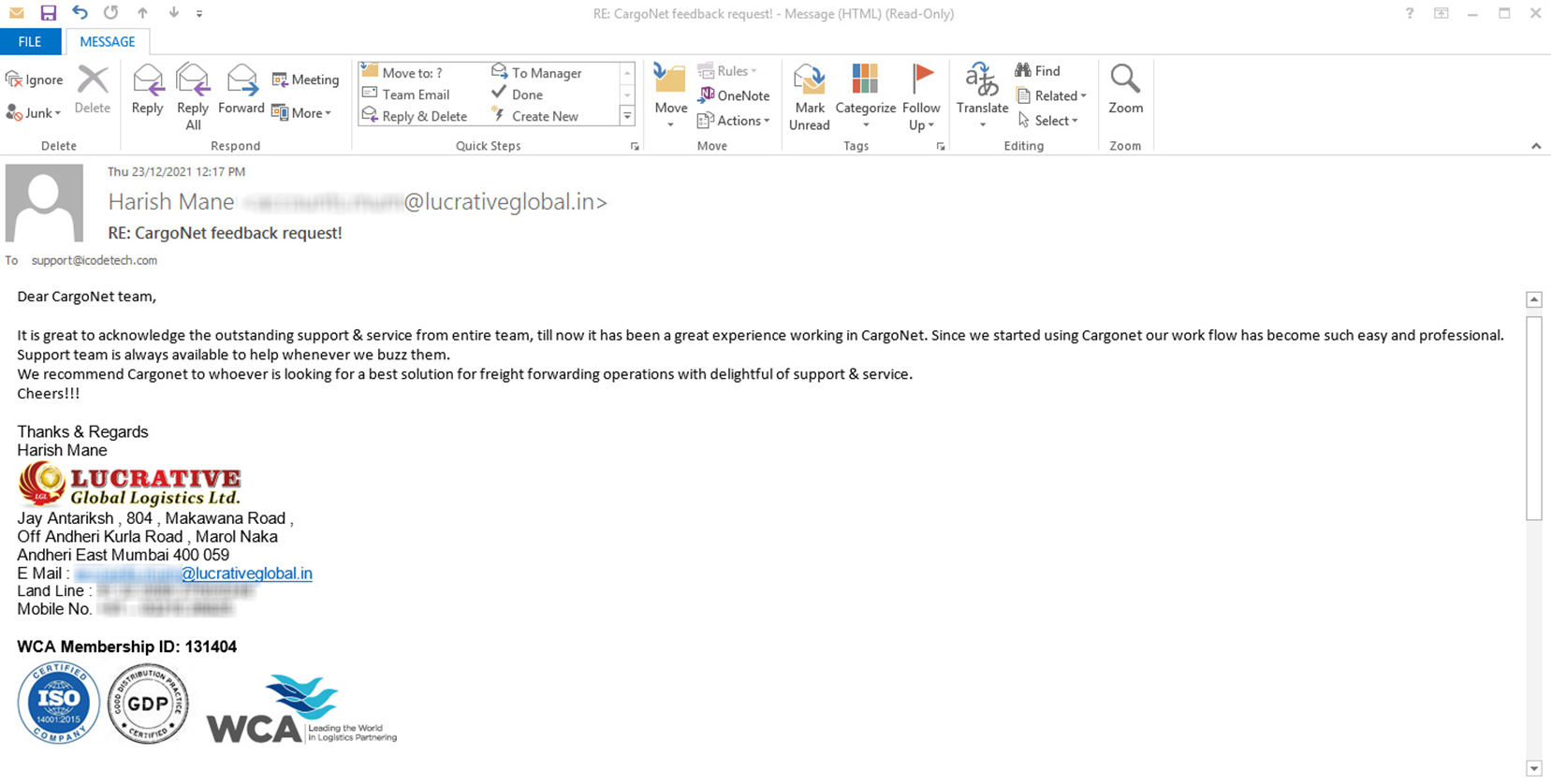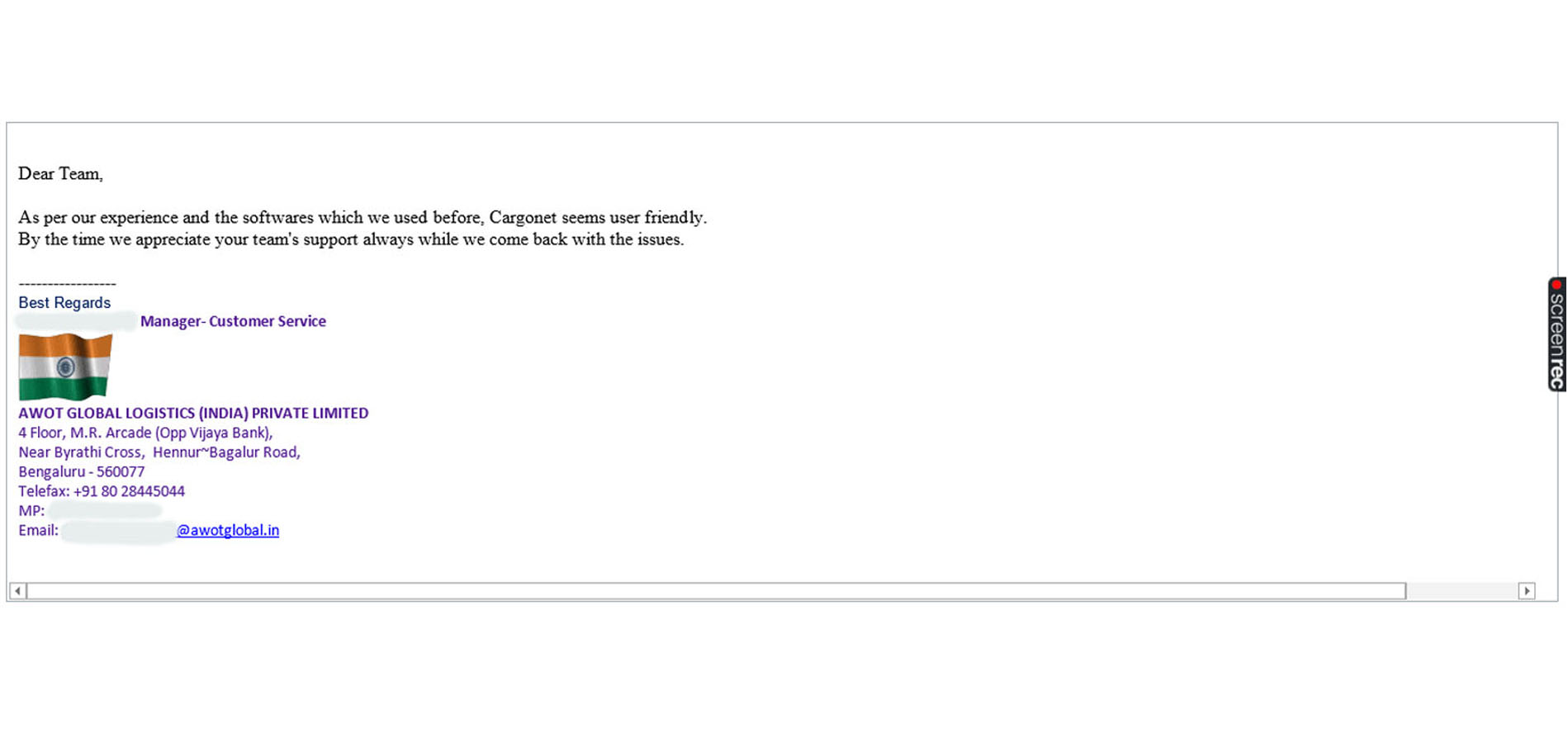Digitization is reshaping the entire supply chain, with digital currencies emerging as a potential game-changer. Digital currency, commonly referred to as cryptocurrency, holds the promise of influencing several sectors, and freight forwarding is no exception. This transformative technology promises efficiency, security, and transparency, addressing long-standing challenges in the logistics industry. As the freight forwarding sector embraces the digital age, integrating cryptocurrencies holds the potential for streamlined operations, cost reduction, and enhanced trust throughout the supply chain. This shift from traditional practices opens avenues for innovation and efficiency in a historically complex and paperwork-intensive industry.
Why Digital Currency Matters in Freight Forwarding:
In the world of modern finance, grasping digital currency has become increasingly crucial. Digital currency, commonly known as cryptocurrencies, represents a significant shift in how we see and carry out transactions. Unlike traditional currencies issued by governments and central banks, digital currencies operate on decentralized networks based on blockchain technology. This decentralized nature ensures security, transparency, and unchangeability in transactions. Bitcoin, Ethereum, and other cryptocurrencies have become notable players in this financial landscape, each with its unique characteristics and applications. As the world embraces digitalization, understanding the principles and advantages of digital currency becomes essential for individuals and businesses navigating the evolving financial ecosystem.
Definition and Types of Digital Currency
Digital currency, a crucial element in modern finance, denotes money existing only in electronic form. It includes well-known cryptocurrencies like Bitcoin and Ethereum, alongside various other forms of online coins, collectively shaping the dynamic landscape of digital finance.
Blockchain Technology:
At the core of digital currencies lies blockchain technology, a vital system ensuring electronic transactions are transparent, secure, and unchangeable. Operating as a digital ledger, blockchain represents a significant transformation, revolutionizing the movement of money in the online realm.
Cryptocurrencies:
Cryptocurrencies are digital or virtual currencies that play a significant role in online finance Cryptocurrencies enable secure and transparent peer-to-peer transactions, offering potential benefits such as lower transaction costs, faster cross-border transfers, and financial inclusion for individuals without access to traditional banking systems. Examples such as Bitcoin and Ethereum showcase this digital financial evolution, opening up new possibilities in the global monetary arena.
Digital currency can significantly impact the freight forwarding sector in several ways:
Streamlined Cross-Border Transactions:
Cryptocurrencies offer a more efficient alternative to traditional banking systems, reducing the need for intermediaries. This can lead to faster and more cost-effective cross-border transactions, benefiting both freight forwarders and clients.
Reduced Transaction Costs:
The use of digital currency can potentially lower transaction costs associated with currency exchange and international money transfers. This cost reduction is particularly beneficial in the freight industry, where numerous transactions occur across borders.
Smart Shipping Contracts for Automation:
Smart Shipping contracts, which are self-executing agreements, can automate various tasks in freight forwarding. Processes like payments, customs clearance, and other logistics activities can be made simpler with smart contracts, reducing paperwork and administrative tasks.
Blockchain Enhancing Transparency for transportation (SCM):
Blockchain, the technology behind many cryptocurrencies, can improve transparency and traceability in the supply chain. Freight forwarders can use blockchain to create a secure and unchangeable ledger of transactions, offering a clear record for everyone involved in the logistics process. This ensures transparency and accountability throughout the supply chain.
International Trade & Transport Financial Access:
Digital currency has the potential to improve financial access for businesses and individuals, especially in regions with limited availability of traditional banking services. In the freight industry, this can be particularly beneficial for small and medium-sized enterprises (SMEs) that may encounter difficulties in accessing financial services.
Risk Mitigation on Freight Transactions:
Cryptocurrencies offer an alternative payment method, potentially reducing risks related to currency fluctuations and geopolitical uncertainties. This aspect holds significant importance in international trade and freight forwarding, where the impact of currency exchange rates and political instability can affect financial transactions
Benefits of Digital Currency in Freight Forwarding:
- Faster and Secure Payments: Traditional cross-border transactions can be slow and costly. Digital currencies enable quick settlements with minimal fees, reducing wait times and enhancing cash flow for all involved parties.
- Enhanced Transparency: Leveraging blockchain technology, the foundation of many digital currencies, ensures an unchangeable record of every transaction during a shipment’s journey. This transparency builds trust and minimizes the risk of fraud or mistakes.
- Simplified Documentation: Smart Shipment contracts, automated agreements powered by blockchain, streamline document verification and payment release based on predefined conditions. This eliminates paperwork, reduces administrative burdens, and speeds up the overall process.
- Global Accessibility: Unlike traditional currencies with exchange rate fluctuations and geographic limitations, digital currencies operate without borders. This simplifies transactions for international participants and creates new possibilities for smaller businesses.
Challenges and Considerations:
However, using digital currencies in freight forwarding has some challenges. There’s still uncertainty about the rules, some cryptocurrencies are unpredictable, and we don’t have the right systems for everyone to use them easily. Also, making digital currencies work with existing money systems needs teamwork from different groups.
Looking Ahead:
While digital currencies can make a big impact in freight forwarding, there are difficulties. Even so, if we keep coming up with new ideas and working together, we can make global trade smoother and more open. Digital currencies might not completely change how freight forwarding works, but they’re definitely making things better for the future.



